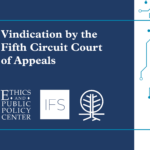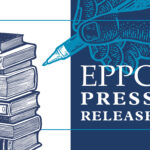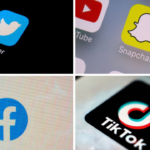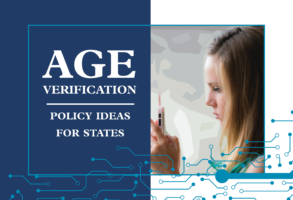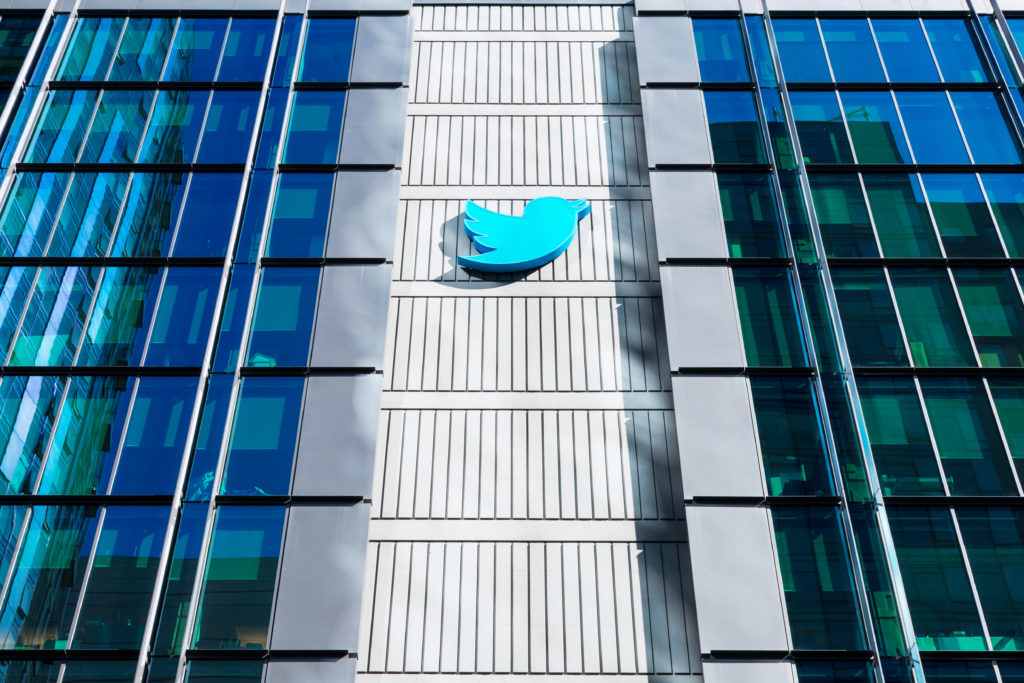
Published July 30, 2021
Does the Constitution require Americans to accept Big Tech censorship? The claim is counterintuitive but the logic is clear: If you submit a letter to this newspaper, the editors have no legal obligation to publish it, and a statute requiring them to do so would be struck down as a violation of the Journal’s First Amendment rights. Facebook and Twitter, the argument goes, have the same right not to provide a platform to views they find objectionable.
Big Tech censorship has provoked interest in new civil-rights statutes—state laws that would bar the companies from viewpoint discrimination on their platforms and services. The First Amendment defense of this private censorship arose in a recent federal district court opinion expressing skepticism about a Florida anticensorship statute. It will come up again when other states, such as Texas, consider civil-rights statutes that focus more tightly on viewpoint discrimination.
With the possibility of multiple state statutes barring Big Tech viewpoint discrimination, it will be essential to understand the extent of the tech companies’ freedom of speech. For this, it is important to consider whether they are common carriers.
A statute limiting the ability of a Big Tech company to express its own views would almost certainly be unconstitutional. What about a law limiting viewpoint discrimination where the companies serve as a publicly accessible conduit for the speech of others?
Click here to read the rest of this piece at the Wall Street Journal’s website.
Mr. Hamburger teaches at Columbia Law School and is president of the New Civil Liberties Alliance. Ms. Morell is a policy analyst at the Ethics and Public Policy Center, where she works on the Big Tech Project. She worked in the White House Counsel’s Office and the Justice Department during the Trump administration.
Clare Morell is a Senior Policy Analyst at the Ethics and Public Policy Center, where she directs EPPC’s Technology and Human Flourishing Project. Prior to joining EPPC, Ms. Morell worked in both the White House Counsel’s Office and the Department of Justice, as well as in the private and non-profit sectors.





